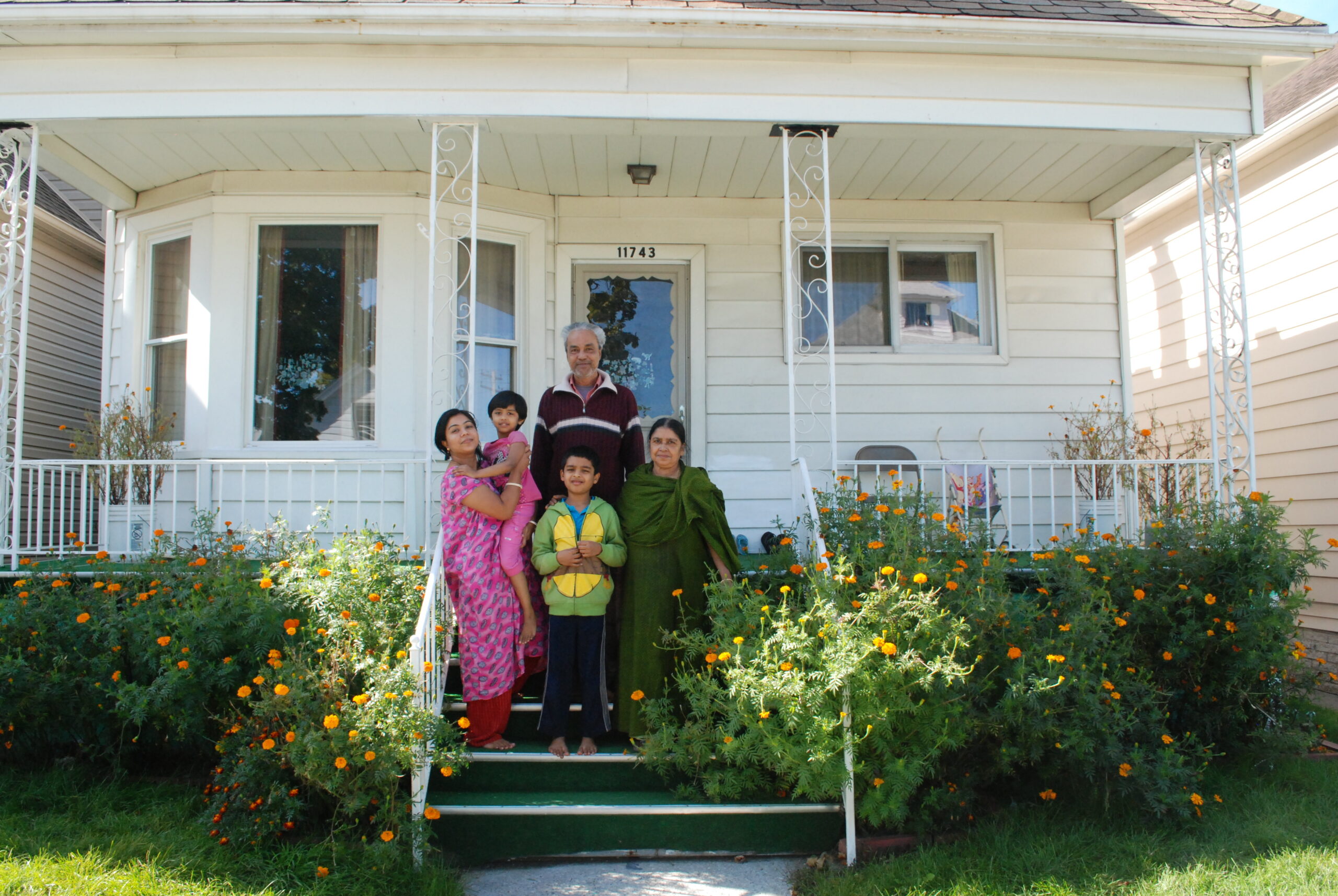
Global Detroit’s core belief is that inclusive strategies result in increased economic opportunity and prosperity for all residents. Over the years, we have learned that immigrant inclusion is most impactful when policymakers, public sector actors and private sector enterprises build it into their core strategic objectives and initiatives, instead of tackling it as an afterthought. The best way to impact policy development is to get a seat at the table and use our voice to create more inclusivity in policy, systems and planning.
One example of this approach is the just released Michigan State Housing Development Authority’s (MSHDA) Statewide Housing Plan (SHP). The SHP is the State’s first ever five-year plan on housing policy. The plan sets as goals building and rehabbing at least 75,000 units of housing, more than half of which will be affordable. It prioritizes goals around racial equity, reducing homelessness, promoting homeownership, fostering energy efficiency, providing worker housing and more.
Because Global Detroit was at the table – along with 37 other stakeholder groups – the final plan includes more than three dozen provisions that will add immigrant inclusion into Michigan’s housing policies and programs.
One way we ensured that immigrant voices had input into the planning process was to advocate that homeowner, renter and landlord survey materials be translated into and disseminated in Arabic and Spanish. We also raised many specific suggestions around immigrant inclusion that were memorialized in the plan. In fact, we have chronicled more than three dozen provisions in the plan that will foster immigrant inclusion in our state’s housing ecosystem, policies and programs. Highlights of those provisions include:
- Expand homebuying programs to be more culturally competent, expanding native language access and using community based ethnic actors. Currently, while there are several Spanish speaking agencies providing certified housing counseling, homebuyer education and foreclosure prevention counseling, such services are not available through Arabic or Bangla-speaking agencies. This is a need that could support hundreds of new first-time homeowners in Detroit and across Southeast Michigan.
- Establish a standing equity advisory committee at SHP to “identify and advocate for modifications to policies and practices that remove barriers across the housing continuum.”
- Identify and address systemic barriers faced by the foreign born in the mortgage application process. These barriers include criteria such as residency requirements, credit scores and landlord references. This strategy could also address challenges faced by undocumented individuals in attaining mortgage financing.
- Increase outreach to landlords and property developers around renting to refugees while devising resources that help refugees move from initial resettlement housing provided on arrival to a living situation of their choosing. Global Detroit, through our leadership role in the Southeast Michigan Refugee Resettlement Collaborative, partnered with HUD, MSHDA, the Michigan Association of Realtors and the Property Management Association of Michigan on a webinar that helps landlords understand the business case for and how to rent to refugees.
- Create incentives that increase the supply of affordable 3- and 4-bedroom rental units so as to better accommodate large and multigenerational families. Refugee families often have larger family sizes than apartments currently available.
- Expand the diversity of workers in the construction industry by working with building trade associations to develop more inclusive models that assist underrepresented groups, including immigrants. This strategy is consistent with recommendations that Global Detroit helped co-develop for the state’s 60×30 workforce development strategy in 2019.
- Implement specific strategies to ensure affordable, adequate, safe, and quality housing options with access to amenities for seasonal and migrant laborers, farm workers and year-round agricultural and food processing workers.
- Expand the state’s fair housing efforts to “develop targeted educational materials specifically for vulnerable populations such as immigrants, refugees, migrants, and persons with disabilities that outline their rights and communicate how to report suspected illegal or unethical landlord conduct.”
Global Detroit looks forward to working with MSHDA, local government, developers, nonprofit housing providers and others to ensure the implementation of these objectives. We want to acknowledge MSHDA and the team responsible for developing the SHP for their efforts to build immigrant inclusion into this plan. With the SHP as its guiding vision, Michigan is fortunate to have one of the most inclusive housing visions of any state in America.
As we move into our second decade of work, Global Detroit is growing its advocacy muscle to ensure immigrant inclusion is made integral to policy and strategy development in a variety of issue areas. Our research and communications on the contributions that immigrants make to our communities and state helps build awareness and creates eagerness for inclusion. The results of our effort are evident in MSHDA’s Statewide Housing Plan, as well as the immigrant inclusion strategy in the State’s 60×30 workforce development plan and the Governor’s Poverty Task Force.
Global Detroit intends to expand our advocacy with state and local government, corporations, economic development agencies, nonprofit organizations, government agencies and public institutions to develop work environments, strategies and programs that intentionally and meaningfully include immigrants and global talent. As our research and experience indicate, this will expand the shared prosperity within and across our regional economy.
Learn more about Global Detroit’s policy and advocacy work here.
